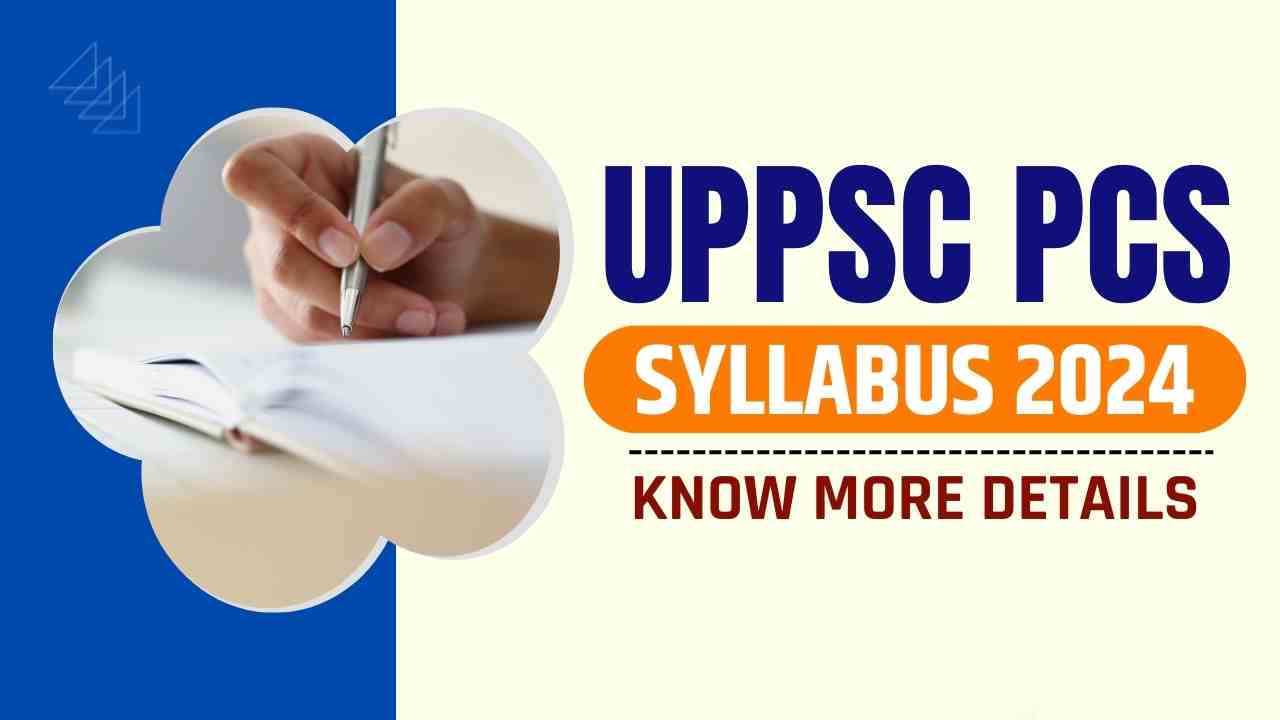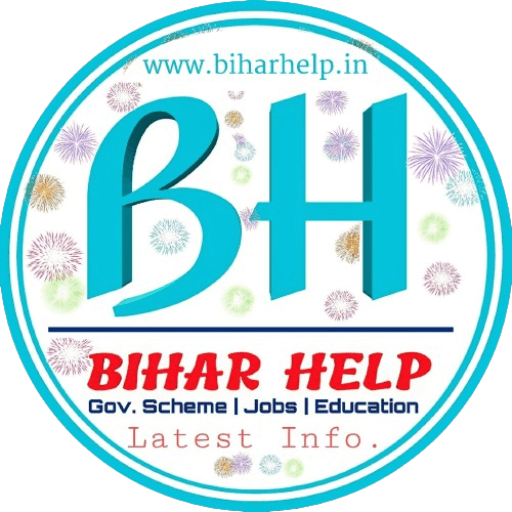| Name of the Paper |
Topic Wise Detailed Syllabus |
| General Studies Paper 1 |
- The history of culture will cover the salient aspects of art forms, literature, and architecture from ancient to modern times.
- Modern Indian history (from A.D. 1757 to A.D. 1947): significant events, personalities, issues, etc.
- The Freedom Struggle—its various stages and important contributors/contributions from different parts of the country.
- Post-independence consolidation and reorganization within the country (till 1965 A.D.)
- The history of the world will include events from the 18th century to the middle of the 20th century, such as the French Revolution of 1789, the Revolution, World Wars, the redrawing of national boundaries, Socialism, Nazism, Fascism, etc.—their forms and effects on society.
- Salient features of Indian society and culture.
- Role of women in society and women’s organizations, population, and associated issues, poverty and developmental issues, urbanization, their problems, and their remedies.
- The meaning of liberalization, privatization, and globalization and their effects on the economy, politics, and social structure.
- Social empowerment, communalism, regionalism, and secularism.
- Distribution of major natural resources of the world—water, soils, and forests—about South and Southeast Asia with special reference to India. Factors responsible for the location of industries (with special reference to India).
- Salient features of physical geography include earthquakes, tsunamis, volcanic activity, cyclones, ocean currents, winds, and glaciers.
- The oceanic resources of India and their potential.
- The human migration-refugee problem of the world, with a focus on India.
- Frontiers and boundaries of the Indian subcontinent
- Population and Settlements: Types and Patterns, Urbanization, Smart Cities, and Smart Villages.
|
| General Studies Paper 2 |
- Indian Constitution: historical underpinnings, evolution, features, amendments, significant provisions, and basic structure; the role of the Supreme Court in the evolution of basic provisions of the Constitution.
- Functions and responsibilities of the Union and the States: issues and challenges about the federal structure, devolution of powers and finances up to local levels, and challenges therein.
- Role of the Finance Commission in center-state financial relations.
- Separation of powers, dispute redressal mechanisms, and institutions. Emergence and use of alternative dispute redressal mechanisms.
- Comparison of the Indian constitutional scheme with that of other major democratic countries.
- Parliament and state legislatures: structure, functioning, conduct of business, powers and privileges, and concerned issues.
- Structure, organization, and functioning of the Executive and the Judiciary.
|
| General Studies Paper 3 |
- Economic planning in India, objectives, and achievements. Role of NITI Aayog in Pursuit of Sustainable Development Goals (SDGs).
- Issues of poverty, unemployment, social justice, and inclusive growth.
- Components of government budgets and financial systems.
- Major crops, different types of irrigation and irrigation systems, storage, transport, and marketing of agricultural produce, and e-technology in the aid of farmers.
- Issues related to direct and indirect farm subsidies and minimum support prices, the Public Distribution System—objectives, functioning, limitations, revamping, issues of buffer stocks and food security, and technology missions in agriculture.
- Food processing and related industries in India- scope and significance, location, upstream and downstream requirements, supply chain management.
- Land reforms in India since independence.
- Effects of liberalization and globalization on the economy, changes in industrial policy, and their effects on industrial growth.
- Infrastructure: energy, ports, roads, airports, railways, etc.
- Science and technology developments and applications in everyday life and national security are India’s science and technology policy.
- Achievements of Indians in science and technology, indigenization of technology. Development of new technologies, transfer of technology, dual and critical use technologies.
- Awareness in the fields of information and communication technology (ICT), space technology, computers, energy resources, nanotechnology, microbiology, and biotechnology. Issues relating to intellectual property rights (IPR) and digital rights.
- Environmental security and ecosystems, conservation of wildlife, biodiversity, environmental pollution and degradation, and environmental impact assessment.
- Disaster as a non-traditional security and safety challenge, disaster mitigation, and management.
- Challenges of International Security: Issues of Nuclear Proliferation and the Causes and spread of extremism Communication networks, the role of media and social networking, The basics of cyber security, money laundering, and human trafficking.
- India’s internal security challenges include terrorism, corruption, insurgency, and organized crimes.
- Role, kind, and mandate of security forces and defense organizations in India
- Issues in Agriculture, Horticulture, Forestry, and Animal Husbandry.
|
| General Studies Paper 4 |
- Ethics and Human Interface: Essence, Determinants, and Consequences of Ethics in Human Action, Dimensions of Ethics, Ethics in Private and Public Relationships. Humans learn from the lives and teachings of great leaders, reformers, and administrators about the role of family, society, and educational institutions in inculcating values.
- Attitude: content, structure, function, its influence, and relation with thought and behavior; moral and political attitudes; social influence; and persuasion.
- Aptitude and foundational values for Civil Service include integrity, impartiality, and nonpartisanship; objectivity; dedication to public services, empathy; tolerance, and compassion towards the weaker sections.
- Emotional Intelligence- concept and dimensions, its utility and application in administration and governance.
- Contributions of moral thinkers and philosophers from India and around the world.
- Public Service Values and Ethics in Public Administration: Status and Problems, Ethical Concerns and Dilemmas in Government and Private Institutions, Laws, Rules, Regulations, and Conscience as Sources of Ethical Guidance, Accountability, and Governance.
- Probity in Governance: the concept of public service, the philosophical basis of governance and probity, information sharing, and transparency in government.
- Case studies on the above issues.
|
| General Studies Paper 5 |
- History, Civilization, Culture, and Ancient Cities of UP.
- architecture, their significance and maintainability, and the museum, archive, and archaeology of UP.
- Contributions to the Urban, Pre, and Post-Freedom Struggles of India.
- Eminent freedom fighters and personalities of UP.
- Rural, urban, and tribal issues: social structure, festivals, fairs, music, folk dances, literature, languages and languages/dialects, and social customs of UP.
- Political System of UP: Governance, Governor, Chief Minister, Council of Ministers, State Assembly and State Council, Center-State Relation.
- Public Service, Public Service Commission, Auditing, Advocate General, High Court, and its jurisdiction in UP.
- Special State Selection Criteria, Official Language, Consolidated Fund and Contingency Fund, Political Parties, and State Election Commission of UP.
- Local Self-Government: Urban and Panchayati Raj, Public Policy, Related Issues in the U.P.
- Good Governance, Eradication of Corruption, Lokayukta, Citizen Charters, EGovernance, Right to Information, and Redressal Policy.
- Land Reforms and their impact in UP.
- Issues Related to Security in UP.
- Law and Order and Civil Defense in UP.
- Medical and Health Issues in UP
- State Education System of UP.
- Contribution to the development of India.
- Current Affairs at UP.
- Implementation of the Jal Shakti Mission and another central welfare scheme in UP.
- NGOs in UP: Issues, Contribution, and Impact.
- Tourism in UP: Issues and Prospects.
- Emphasis on innovation in various fields in UP: issues and its impact on employment and the socio-economic development of society.
|
General Studies Paper 6
|
- Overview of the Economy of UP: Main Features of the Economy and State Budgets, Infrastructure, and the Importance of Physical Resources.
- Trade, commerce, and industries in UP.
- UP Government Schemes, Projects, and Planned Development for the Welfare of People, Human Resources, and Skill Development.
- Investment in U P: Issues and Impact 5- Public Finance and Fiscal Policy, Tax and Economic Reforms, One District, One Product Policy of the UP Government.
- Planning and management of renewable and non-renewable energy resources in UP.
- Demography, Population, and Censuses of UP.
- Commercialization of agriculture and production of crops in UP.
- UP New Forest Policy.
- Agro and Social Forestry in the U.P.
- Agricultural Diversity, Problems of Agriculture, and Their Solutions in UP.
- Developmental indicators of U Pin various fields.
- Geography of UP: Geographical Location, Relief, and Structure, Climate, Irrigation, Minerals, Drainage System, and Vegetation.
- National Parks and Wild Life Sanctuaries in UP.
- Transport Network in UP.
- Power Resources, Infrastructure, and Industrial Development of UP.
- Pollution and Environmental Issues in the U.P. Pollution Control Board and its Functions.
- Natural Resources of UP- Soil, Water, Air, Forests, Grasslands, and Wetlands.
- Climate Change and Weather Forecasting Issues in UP.
- Habitat and Ecosystem, Structure and Function, Adjustment; Flora and Fauna Concerning UP.
- Science and Technology: Its Issues, Advancements, and Efforts in the U.P.
- Aquaculture, Viticulture, Sericulture, Floriculture, Horticulture, and Arboric Culture in Up and Their Impact on the Development of UP.
- The evolution of Public-Private partnerships (PPP) for the Development of UP.
|



